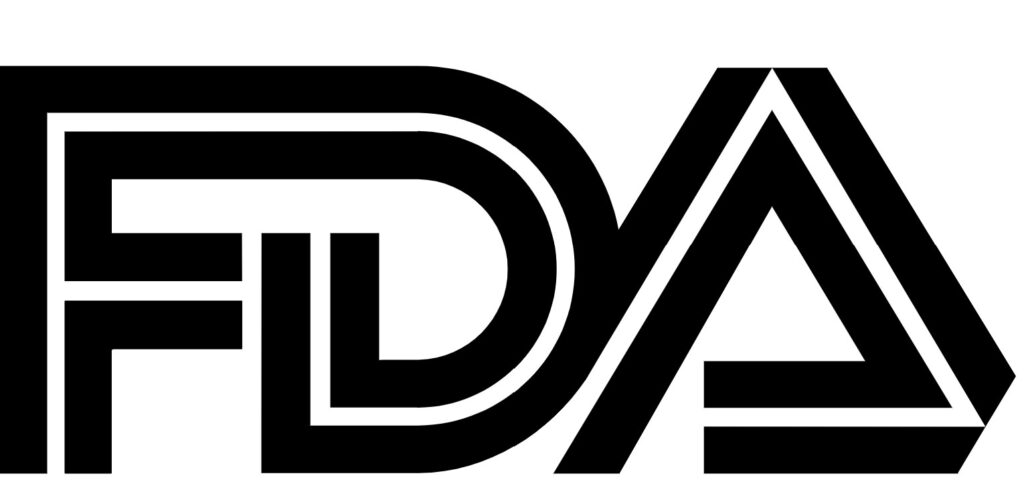I have been asked so many questions about my FDA career and what it was like working with the FDA. I thought it would be best to write about my experience in an interview-based article according to the most frequently asked questions.
How were you introduced to the FDA?
I was introduced to the FDA in my last year of college at Rutgers University. As I was prepared for graduation and entering the workforce, I also attended as many job fairs as possible. I thought that submitting my resume to as many companies possible would increase my chances of getting hired after graduation. Of all the numerous job fairs I attended, FDA was only present at one of them. I met the FDA representative, who was also the District Director, had a great conversation with her and handed her my resume which was added to the stack of resumes from hundreds of other candidates.
How did you get hired to work for the FDA?
Getting hired to work for the FDA was not easy. After graduation, I was determined to have a career relative to biology or similar scientific field and the FDA was one of top companies I wanted to work for. I was very persistent in having my name and resume stand out from the others. For months, I called the District Director every other day to check in and see if she reviewed my resume. My persistence paid off. A couple of months later, I finally received a call from the district office to come in for a face-to-face interview.
What was the hiring process like?
The hiring process was pretty rigorous. The interview was a few hours long. It included an overview of FDA and discussion about me and my experience (although very limited as a college grad). It also included a long list of case-based scenarios along with questions on how I would handle each case. The purpose of these questions was to test my moral character, sound judgement and ability to protect confidential information.
After being considered a potential candidate, I moved on to the next phase where there was the typical drug test, credit check and a detailed background check. The background check not only included a criminal history check but a thorough investigation on me as person. Not only were my past and current employers contacted and visited, but all of my neighbors from my current and past addresses as well!
What was a typical day in the life of an FDA Investigator?
A day in the life of an FDA Investigator primarily involves preparing for and conducting inspections according to your specialty (Pharmaceuticals, Devices, Foods, Biologics).
Inspections can be as short as a few hours or as long as a few weeks depending on the size of the firm and complexity of the inspection. Other tasks include handling and investigating customer complaints and recalls in addition to attending meetings and continuous training sessions. Overall, the job entails a lot of travel, but the majority of it is local.
What’s the difference between FDA investigator and Inspector?
FDA Investigators (or Consumer Safety Officer -CSOs) differs from FDA Inspectors (or Consumer Safety Inspectors- CSI) in that Investigator positions requires a Bachelor of Science (BS) degree (usually in science or engineering) whereas the CSI position does not.
In addition, the role and responsibilities of an Investigator and Inspector are different. Investigators are responsible for conducting domestic & international inspections and investigations in the areas of food/imports, pharmaceutical, biologic, BIMO and medical device; whereas Inspectors are responsible for performing import work which includes physically inspecting imported products in the aforementioned areas. GCP/BIMO inspections, will always be conducted by an FDA Investigator.
Why did you leave the FDA?
Leaving the FDA and my colleagues was bittersweet. I enjoyed working at the FDA but compensation was low (GS-5 which is $25K a year) as is expected for a government position. At the time, there were so many opportunities in the industry looking for someone with my experience paying 2-3x as much, I could not say no. I was curious to see what the industry had to offer.
Any regrets leaving the FDA?
Initially, I had regrets and wanted to kick myself for leaving, but as I started working in the industry and gaining more experience with CROs, pharmaceutical and medical device companies, my regrets started to dissipate. I realized how valuable it was to work on “the other side” as it only diversified and enhanced my knowledge and experience. If anything, continuing to work with the FDA would have limited me from seeing and understanding both perspectives. Having the experience of seeing both sides (industry vs FDA) is truly priceless.
Have more questions? Feel free to contact me at info@2kclinicalconsulting.com
